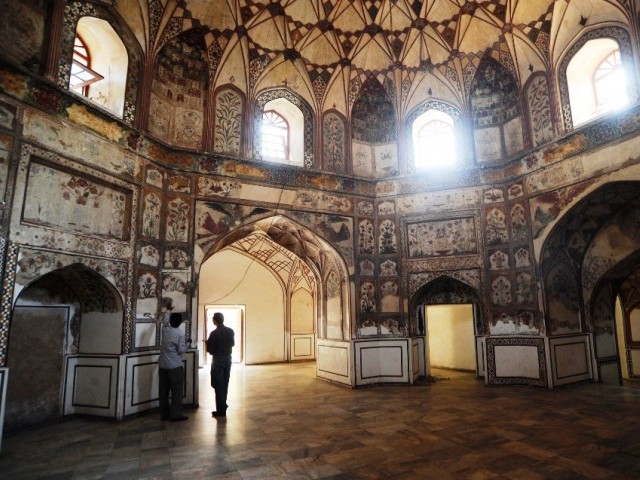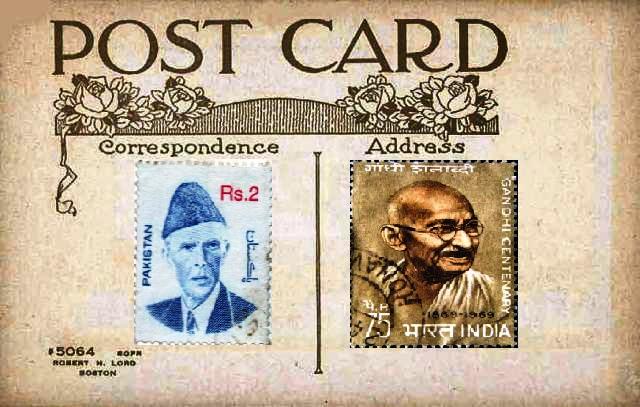
The Fair and Lovely effect
South Asian women try many skin lightening techniques, but ironically white women go tanning!
I recently saw Killing Us Softly 4, a documentary in the Killing Us Softly series by Jean Kilbourne, acclaimed author and filmmaker. Although the movie centers on the image of women in advertising, as submissive and obedient to their male counterparts, it brings to light the importance of race and the appropriation of the Caucasian look -- something that has assimilated into Pakistan’s mainstream and popular culture.
Karachi, Lahore and Islamabad are bombarded with billboards advertising skin lightening techniques, creams and makeup that are designed to enhance the tone of your skin. Ironically, women of all socio-economic backgrounds in cities like New York and London, frequent tanning salons often.
The fact that women vie for an appearance that is not genetically theirs is interesting.
Pakistani women judge their daughters by the fairness of their skin; mothers-in-law measure up their prospective daughters-in-law against their own skin tones during their drawing room rendezvous and the typical Pakistani man desires a woman that is fair and has looks that are almost Caucasian.
When asked about the typical South Asian woman’s quest to lighten her skin, South Asian men have said that the more positive view on lighter skin is so deeply ingrained into the culture that it’s impossible to oversee it; rather it's accepted by both male and females that this pressure is a part of society.
Products like Fair & Lovely have become household names because it is ingrained in the culture that to be more beautiful, you must have lighter skin. South Asian media puts pressure on South Asian women by idolising images of women with lighter skin tones and who have qualities that are more ‘Caucasian’ such as light eyes.
The fact that Pakistan doesn’t seem to appreciate the ‘tanned’ look that most of us naturally have might be attributed to the fact that our mindsets and social perspectives are still developing and changing.
Coco Chanel popularised tanning in a time when aristocracy was associated with fair skin, (Pakistan, anyone?) and darker skin was symbolic of poor workers and labourers.
We may not consider tanning to be as fashionable as our western counterparts do, the same way that pasty white skin in the west is considered unfashionable or passé.
We as Pakistanis may, in the future, accept that our tanned skin is fashionable, or acceptable in all generality, yet also understand that lowering our self-esteem because we can’t have what someone else does isn’t right.
So whether we’re heading to the tanning salon or the nearest cosmetics stand, perhaps it’s time we reconsider and begin valuing our diversity.
Read more by Mohammad here or follow him on Twitter @mziaadnan



COMMENTS (50)
Comments are moderated and generally will be posted if they are on-topic and not abusive.
For more information, please see our Comments FAQ